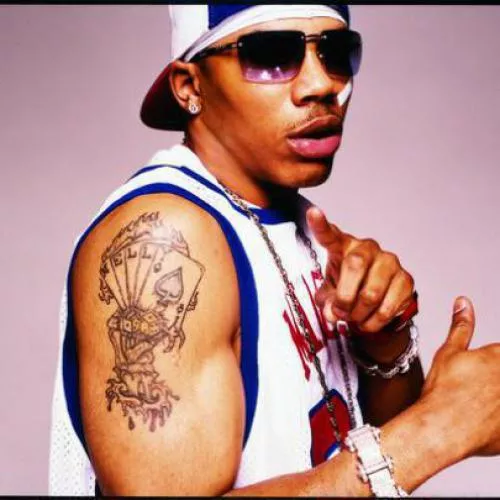

He was shaken by this near-death experience and stepped away from his Vanilla Ice persona for a time. In July 1994, after receiving a flurry of negative reviews, he tried to commit suicide by a drug overdose. Fans and critics were not impressed, and the album failed to make the music charts. He tried to revamp his image with 1994's Mind Blowin, taking on a funk-influenced rap style. At the time, more socially and politically challenging rap acts such as Public Enemy were having a hard time getting played on the radio, while pop-oriented rap like Vanilla Ice and M. Some called him the "Elvis of rap" because he was capitalizing on a predominantly African American music style. Many found Vanilla Ice's lyrics to be "inane," and lacking in creativity and originality. Vanilla Ice also received a lot of negative comments from critics.

Whatever the case, Vanilla Ice's credibility and career took a serious hit over the controversy. Vanilla Ice later tried to blame his manager for these errors, and also said that he changed some of the information about himself to protect his family. As the press investigated these stories, it turned out that many of these claims were exaggerations of the facts, or completely false. He also indicated that he had won numerous motocross events as well. Hammer, around this time.ĭuring interviews and in his official biography, Ice by Ice (1991), Vanilla Ice discussed his difficult youth and his time on streets. He toured with another popular rap performer, M. "Ice Ice Baby" then appeared on his first record for SBK, 1990's To the Extreme, and both the single and the album reached the top of charts later that year.

In 1989, Vanilla Ice released his first album, Hooked, which featured a song called "Ice Ice Baby." This catchy rap used the bass line from David Bowie and Queen's hit single, "Under Pressure." After a Georgia radio station started playing the song, interest in Vanilla Ice grew, and he landed a deal with SBK Records. There Vanilla Ice caught the attention of the club's owner, Tommy Quon, who became his manager. He frequented a Dallas nightclub called City Lights, which had a largely African American clientele. He would demolish other dancers," Earthquake (Floyd Brown), one of the songwriters that worked with Vanilla Ice, explained to The New York Times. At first, Vanilla Ice was better known for his dance moves.


 0 kommentar(er)
0 kommentar(er)
